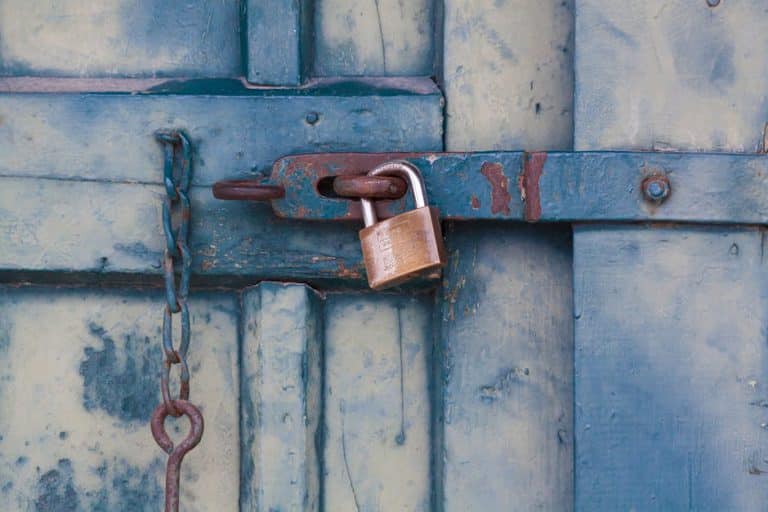If you’re like most homeowners, you probably don’t read your monthly mortgage statement too carefully.
Perhaps you double-check the statement from your mortgage lender for the exact dollar amount due when it’s time to write out the check for your mortgage payment each month. But if you’re a little fuzzy on what all of the charges that show up on your bill are actually for, you’re not alone.
For most folks, your monthly mortgage payment consists of four components – principal, interest, taxes, and insurance.
Principal

This one is pretty straight forward. The principal is what you borrowed from the lender to pay for your home, minus however much you’ve paid towards that balance. In the beginning, most of your monthly mortgage payment is probably going towards interest and fees. And that can make it feel like you’ll never make a dent in the principal balance. But over time, you’ll build equity in your home. And the percentage of your payment that’s applied directly to the principal will increase.
What to Look Out For:
Mortgage statements should show you the progress you’re making towards paying off the principal each month. As we mentioned above, progress will be slow at first. But if you have a regular mortgage, the principal should be lower after each monthly payment.
Interest

this is what the lender is charging you for borrowing the principal. If you have a fixed-rate mortgage, your interest rate will remain the same for the life of your loan. If you have an adjustable-rate mortgage, the interest rate changes periodically (usually once per year after an initial fixed period).
What to Look Out For:
An adjustment to your interest rate can feel like a new charge tacked onto your mortgage payment. But while you’ll have to pony up the higher payment if the interest adjusts upwards, the new amount due isn’t a new fee. It’s the same old interest fee. Just, recalculated to reflect your new interest rate.
Taxes and Insurance

As a homeowner, you are responsible for whatever property taxes are levied by your local municipality. If for some reason you didn’t pay your property taxes, the government could theoretically come after your home. And government liens on property override any potential lien on your property by your lender. That means your lender is extra invested in making sure you pay your property taxes. They just gave you a bunch of money for that property, which you haven’t yet paid back. If the government comes for the house now, your lender would be totally out of luck. The same thinking applies to homeowner’s insurance. If something terrible happened to your home before you finished paying the bank back for the money you borrowed, you’d potentially be out a place to live. But your lender would be out a lot of money. So it’s very important to your lender that you have insurance.
Because your lender is invested in these things, most of the time your lender will set up a special escrow account for you to cover taxes and homeowner’s insurance. Your lender sets aside a portion of each monthly mortgage payment and puts it into your escrow account. When your tax bill is due, your lender will use the money in that escrow account to pay the property taxes for you. Your premiums for home insurance will be paid from that account, too.
If you put down less than 20% of the property’s value as a down payment, you are probably also paying PMI or private mortgage insurance. It’s extra coverage for the lender if you default on your payments.
What to Look Out For:
Property taxes can go up, which can make your mortgage payment go up, too. It’s also possible that you’ll have extra funds in your escrow account after your property taxes have been paid. Check with your lender to see how those funds will be utilized. (You might get a check back. Or, you might be able to leave the excess in the fund to pay for future tax or insurance expenses.) Your mortgage statement should show how much money you have in your escrow account. You should also see much money has been taken out of it to pay for insurance or property taxes. Once you have more than 22% equity in your home, your lender is required to stop charging you PMI. Check your statement carefully as you start getting close to that number.
Any Extra Fees

Every now and again, your lender will find a reason to include an extra fee in your mortgage bill. Most lenders have a grace period between when your mortgage payment is officially due and when you incur a late fee. But if you are late enough with your mortgage payment in any given month, you can expect a late fee on your following statement. Late fees are usually a percentage of the amount that was due. They can add up to a few hundred dollars.
If your loan goes into default and your bank starts the process of foreclosure? There are tons of fees your lender may add to your tab, even if you come to an agreement with your bank and catch back up on your mortgage payments. Those default-related fees could cover attorneys, document preparation appraisal and inspection of the property, or any cleaning or maintenance work the lender deems necessary.
Lenders also have a habit of charging small fees for any additional services you ask your lender to provide. Did you pay your mortgage bill over the phone with a live customer service agent? There can be a fee for that. Did you ask your lender to send you copies of some loan documents? There might be a fee for that.
What to Look Out For:
If you spot any additional fees that aren’t your usual principal, interests, taxes or insurance, make sure you understand exactly what the fee is. If you don’t know what you’re being charged for, ask your lender.






